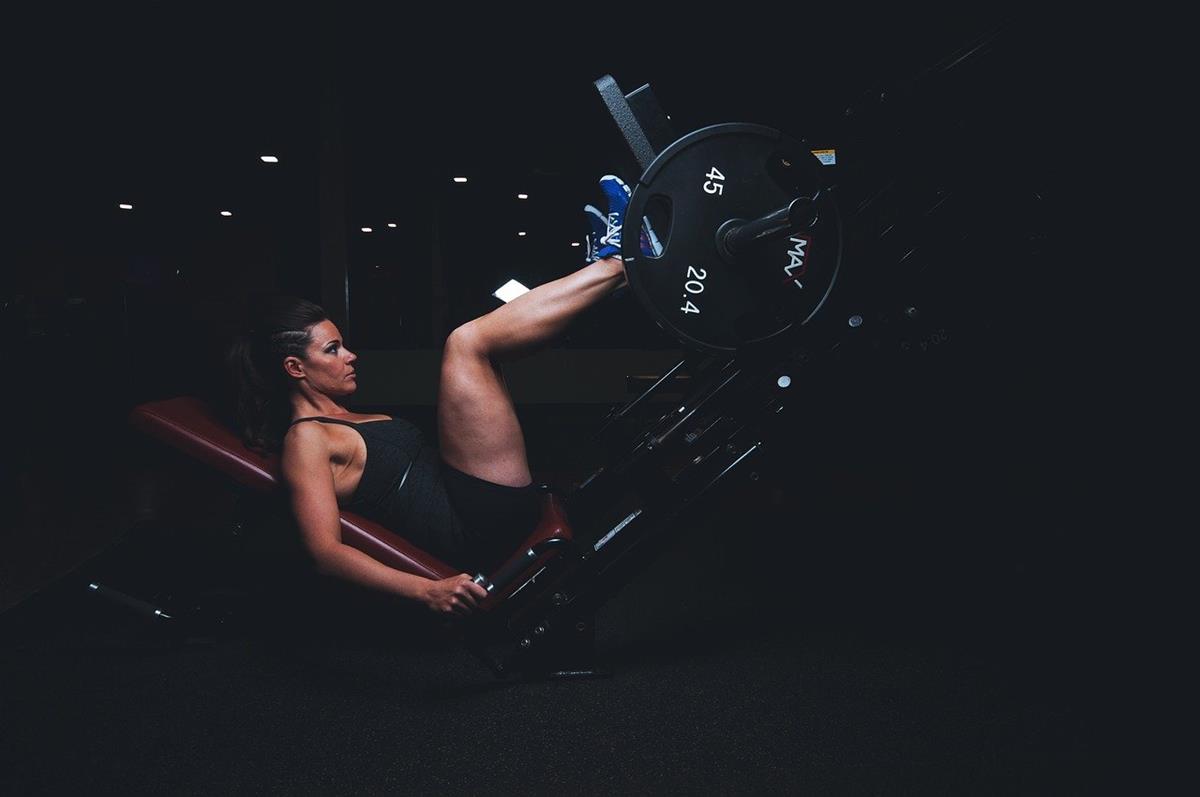Creatine is a very good supplement whose positive influence on the body of an athlete has been confirmed scientifically.
What is best – there are no studies that would clearly indicate its negative effects or serious side effects. This means that creatine is fully safe and legal. It is most common among people training at the gym, however it is also successfully used by representatives of other sports.
Functions of creatine in the body
Creatine itself is already present in the human body. It provides the muscles with energy for work and simply constitutes their building material. However, an athlete’s body often becomes depleted of creatine, especially with frequent training, which hinders regular exercise.
To support it, creatine is used externally – usually in the form of powder or capsules. Its use provides an energy reservoir in the form of the magic ATP. This is what is used during muscle contractions, which are essential for practically every sports exercise. During long workouts, muscles deplete ATP, which is converted to inactive ADP. Providing creatine will help – it is converted to phosphocreatine, which combines with ADP to produce ATP, which simply gives you more energy to use and enhances your training.
Creatine also efficiently hydrates muscles giving it a better biochemical environment for recovery processes. Then they can grow bigger and stronger.

The forms of creatine available on the market
There are a lot of very watered down opinions on the web as to what type of creatine to use. The most basic and by the way the cheapest is creatine monohydrate. There are also other, more complicated forms like creatine malate or creatine citrate, which in theory are supposed to be better absorbed. However, the function of all types of creatine is the same – that is why most people recommend classic creatine monohydrate. For more information, see here https://crossthelimits.co.uk/c/creatine/
